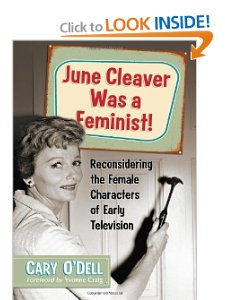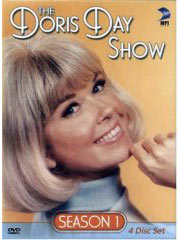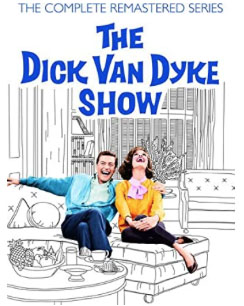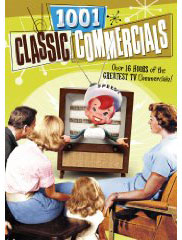|

By Jim Longworth
I think it’s safe to say that Alan Alda is the only thespian to ever be sponsored by a school of Nano Science. Surely whoever printed the ad for Alda’s upcoming lecture at UNCG must have made a mistake. After all, aren’t acting and science two incompatible cultures? Not in Alan Alda’s universe. In fact, his success in the former led to notoriety in the latter, sort of. As a boy, Alan spent much of his time watching from the wings as his father performed on stage, so acting was in Alan’s genes. But he also had an interest in science at an early age, as I discovered during a conversation we had recently.
JL: When did you first acquire an interest in science?
AA: I was always curious about everything. When I was six years old I had a card table that I would do experiments on, like mixing my mother’s face powder with toothpaste, and trying to see if I could get it to blow up (laughs). I was also an amateur inventor at age ten.
JL: Tell me about one of your childhood inventions.
AA: I invented a Lazy Susan for the refrigerator so you wouldn’t have to reach way back inside to get the catsup. You could just swing the turntable around and get it. Funny thing, two years later a company actually put out a refrigerator with a Lazy Susan in it, but a year after that, they stopped making it, I presume because there were bottles of catsup flying out of the refrigerator (laughs).
Though he never did invent any more kitchen aids, Alda would eventually return to the world of science after a long and distinguished career in films and television, which began with a cameo on “The Phil Silvers Show in 1958. Fourteen years later he became famous for another military comedy, playing Capt. Hawkeye Pierce in M*A*S*H, which ran from 1972 to 1983.
AA: I’m proud of what we did, but I didn’t want to keep doing the same thing over and over again. I was pretty much the main reason for the series coming to an end because we were still at the top, but there were signs that we were running out of steam.
Following M*A*S*H, Alda’s film career flourished (The Four Seasons, Crimes & Misdemeanors, et al), and his face was one of the most recognized in America. Not surprisingly, in 1993 the producers of Scientific American Frontiers asked him to host their new series on PBS.
JL: Did PBS come to you because you were so recognizable, or because they knew you had an interest in science?
AA: They came to me because I played a doctor on TV. They didn’t know I was interested in science, so much so, that I told them I just don’t want to say ‘Hello’, and then read a narration off camera. I would only do it if I could spend a day with the scientists, talking to them on camera. I thought I would learn a lot and I did. It was like eleven years of graduate school.
In doing the PBS series, Alda pioneered a new role for TV hosts by participating in experiments, and, at the same time, helping scientists to communicate their work to viewers on a more human level. That approach, in turn, led Alan to a career as a communications guru for scientists and medical professionals. In fact, his Center for Communicating Science at Stony Brook University in New York, has helped over 12,000 doctors and scientists improve their communications skills.
JL: Give me an example of how you’ve helped medical doctors.
AA: We have helped them relate to their patients in a much more personal way, to develop empathy and to act on it. There was a study done that showed patients who thought of their doctor as empathic, were 19% more likely to follow their doctor’s orders.
Alan knows something about following doctor’s orders. As a child he was stricken with polio, and three years ago, he was diagnosed with Parkinson’s.
JL: How did the pain of the polio treatments inform who you became?
AA: I don’t know if it stems from that or not, but I do have a tendency to keep plugging on in spite of all the evidence that I should stop.
JL: And with the Parkinson’s, it seems like you’re plugging along quite well, even taking boxing lessons.
AA: Same thing. I don’t regard it as a death sentence. I want people to be aware of the symptoms, get diagnosed, and then get to work on it early. If you start a regimen of exercise, that can hold off the symptoms for years, or maybe forever.
At 82 years young, Alda probably has another twenty years left to communicate and experiment, and maybe even figure out how to finally make toothpaste explode.
***
Alan Alda will speak about the art and science of communicating at the UNCG Auditorium on Friday, Sep. 21 at 8pm. Following the lecture he will sign copies of his latest book, If I Understood You, Would I Have This Look on My Face?. Tickets are still available by calling (336) 272-0160.
|

Alan Alda Interview

|















